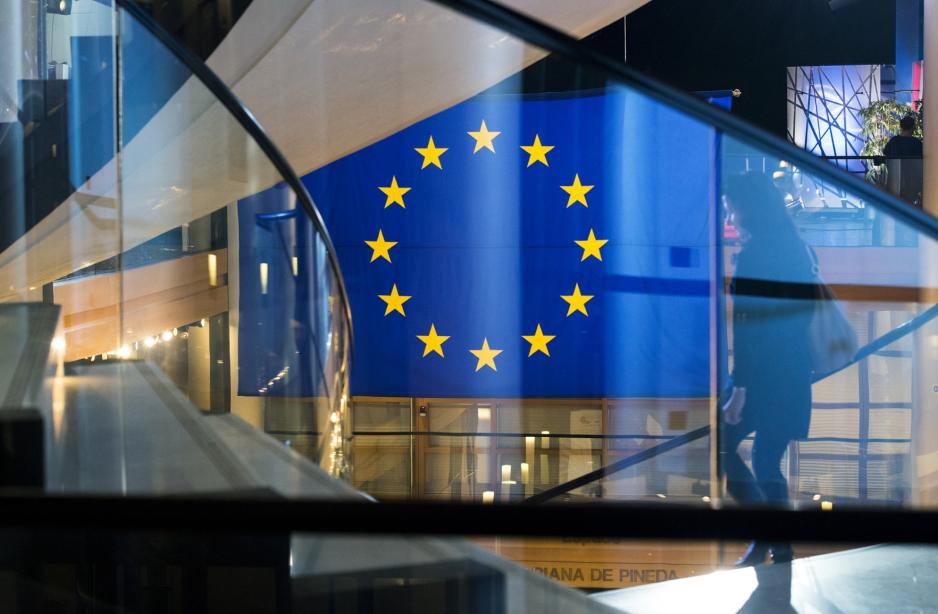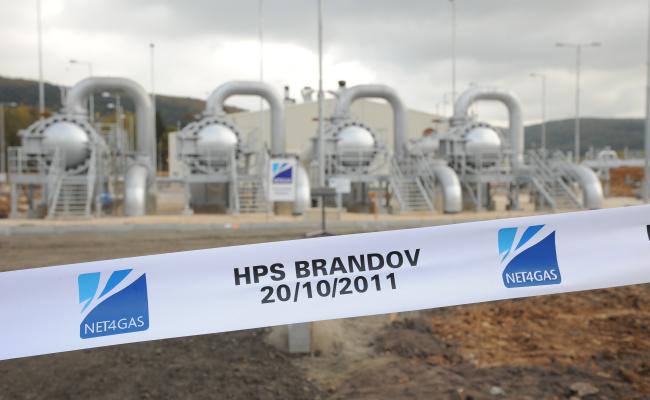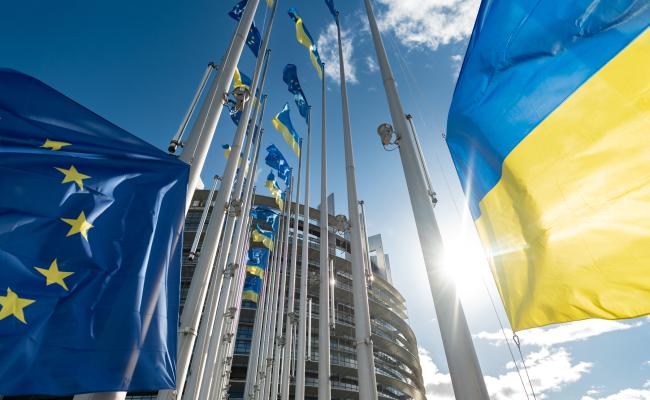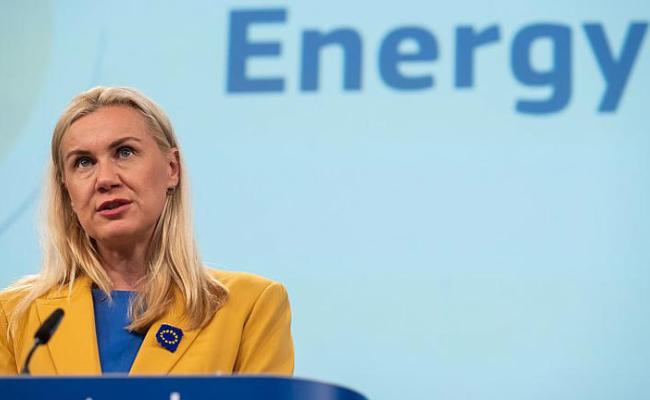Belgium Pushes For Creation of EU-Wide Tracking System for Russian LNG

EU institutions have thus far been able to design policies to reduce the import of Russian LNG. (Photo: European Parliament)
EU member state officials continue discussions on how best to curb the inflow of Russian liquefied natural gas. Now Belgium has proposed an LNG tracker to ensure that existing and upcoming sanctions are effectively implemented.
Months before the EU’s transshipment ban on Russian liquefied natural gas (LNG) stands to go into effect, Belgium’s energy minister Tinne Van der Straeten urged her European colleagues to implement an EU-wide tracking system.
In order to ensure the effectiveness of measures prohibiting the transfer of super-chilled Russian gas in continental terminals come March 2025, effective monitoring will be key.
Belgium’s port of Zeebrugge is the largest transshipment hub for Russian LNG with around one third of production from the Yamal LNG project passing through the terminal.
The country thus plays a critical role in the EU’s efforts to no longer facilitate the reloading of gas and to stop aiding Russia in exporting its product to international markets.
“We have observed a doubling of LNG volumes in Belgium. These volumes are likely intended for supply security within Europe, but we are facing challenges in implementing the sanctions package,” Van der Straeten said.
The proposals were discussed during a meeting of the EU energy ministers
LNG monitor supported
The initiative is supported by nine other EU members, including France and the Baltic states, who sent a letter to the European Commission asking for more stringent reporting requirements for Russian LNG.
The proposals were discussed during a meeting of the EU energy ministers in Luxembourg on Tuesday.
Once Russian LNG enters the interconnected European network it becomes increasingly difficult to track.
Prior investigations revealed that even countries that do not import LNG from Russia directly and officially state that they no longer use Russian gas, do often still receive Russian gas indirectly.
In the case of Germany, gas imports from the Netherlands and Belgium could contain up to 20 percent Russian gas via those countries’ LNG imports.
Also read (the article continues)
As a result Germany could still be relying on Russian LNG for 4-6 percent of its overall gas needs.
An effective tracking system will be key to ensure that Russian LNG isn’t re-exported at other terminals after being routed through the gas network.
“The sanctions must be effective to prevent the Russian war machine from being sustained,” Van der Straeten said.
Imports increase ahead of ban
Russian LNG imports into Europe have increased during 2024 and some analysts expect that deliveries that were previously transshipped onward to markets outside the EU may simply remain in the European market following the March 2025 ban.
“I think what is important is that everyone works to avoid that you can go through the back door around the sanctions,” confirmed Belgium’s Prime Minister Alexander de Croo.
Such a development would strengthen calls for a general ban on Russian LNG imports, which thus far the EU and its member states have made little progress on.
France, Spain, and Belgium continue to account for the majority of imports, primarily from the Yamal LNG project in the Russian Arctic.
While terminal slots at various import facilities can now be restricted, no EU-wide regulation has been agreed on which would allow for the breaking of long-term supply contracts.




